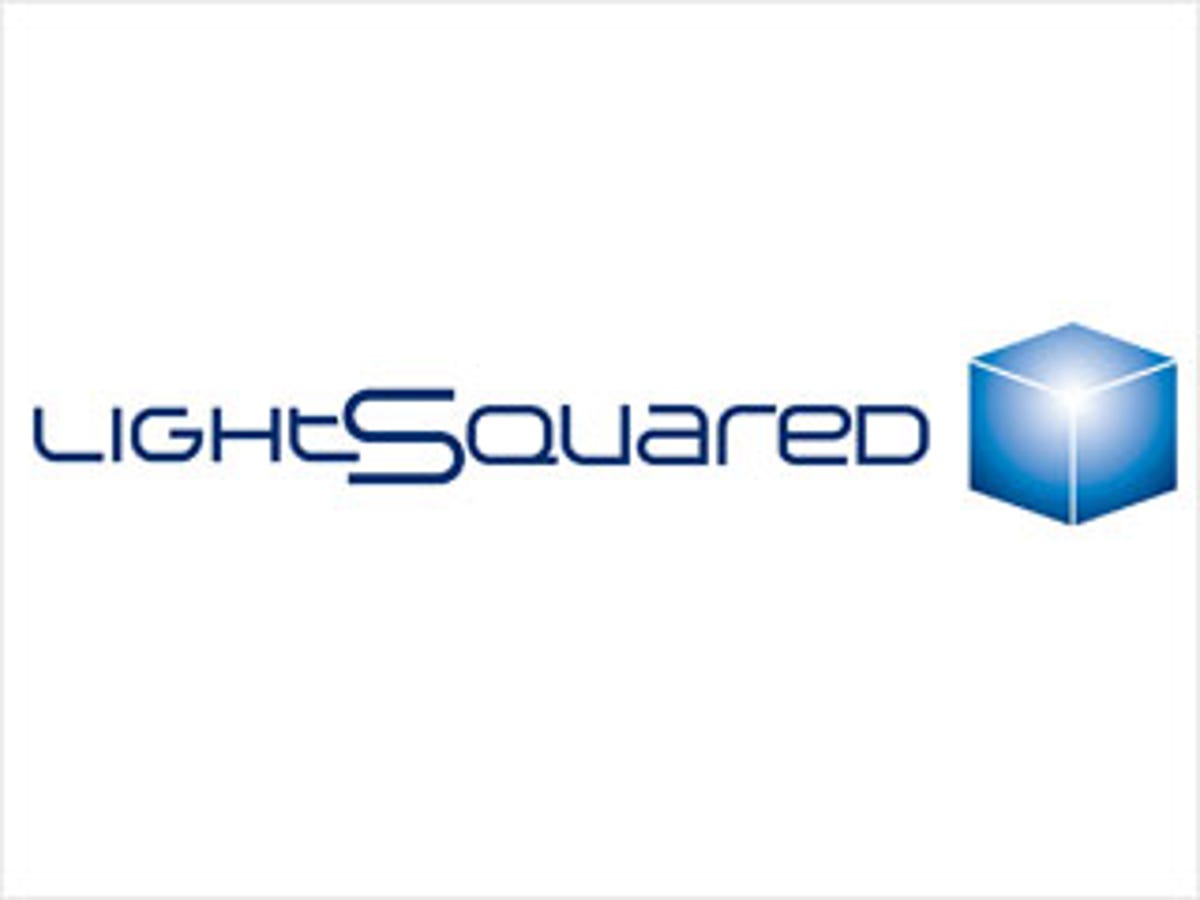LightSquared believes someone has it out for the startup and its efforts to build a 4G LTE network.

The latest stumbling block came last week in the form of a leak of a preliminary government report, which revealed that the company hadn’t settled the concerns that it could disrupt the signal of a large number of personal and military GPS devices.
LightSquared’s general counsel, Curtis Lu, blasted the leak, noting that only the negative portions of the tests were shown, and that the conclusions were based on incorrect assumptions.
“The leak was designed to subvert the fairness of the process,” Lu said on a call with reporters. “It was completely selective and presented a skewed view of the results.”
LightSquared, backed by hedge fund Harbinger Capital and Philip Falcone, has been fighting the perception that its proposed wireless network would knock out equipment used by the military, farming industry, planes, and consumer devices that rely on GPS. The company still needs approval from the Federal Communications Commission to use its spectrum and build out its network, which relies on a combination of satellite and ground network technologies.
The company sent a letter to the Defense and Transportation departments expressing its “profound disappointment and outrage” at the leak.
Related stories
- LightSquared network still harms GPS, says draft report
li> - Sprint, LightSquared unveil network-sharing deal
- LightSquared makes 4G case to the public
The GPS signal issue is the major hurdle that LightSquared must overcome in order to build its 4G LTE network, which it plans to offer up on a wholesale basis. The company has said it has signed more than 30 companies looking to resell its 4G service.
A Bloomberg report from Friday found that 75 percent of the global devices tested in November were affected by LightSquared’s network. The company disputed the results, noting that the leak didn’t include a separate test which found that cell phones weren’t affected at all. In addition, the company claims the network would only affect that many GPS devices if it were using power levels that were 32 times greater than what it will actually operate at.
Martin Harriman, executive vice president in charge of LightSquared’s ecosystem development and satellite business, called the leak a distortion of truth. He said roughly 10 percent of the devices tested were affected, although he said the effect wasn’t material.
This is the second of three tests conducted on LigthSqaured proposed network. The first, done in March and April, found that LightSquared didn’t have a major impact on GPS devices. A third test, which starts in January, will test out high-precision GPS systems, which are more critical than typical consumer devices.
Assuming the other test goes well, LightSquared hopes to get FCC approval some time next year, and plans to have its network rolled out and switched on nine months after that. The company has a network-sharing deal with Sprint Nextel to help accelerate its buildout.
Harriman said the company has enough funds to last several quarters, and executives said they were talking to potential investors, although they specify any moves to get additional capital.
Beyond Sprint, LightSquared has a number of customers who are banking that the company can put up the alternative 4G LTE network, which would compete against bigger established LTE layers such as Verizon Wireless and AT&T.
Despite several questions seeking a backup plan in case the FCC rejects the use of spectrum, neither Harriman or Lu would entertain the idea that the company wouldn’t get approval.
“If you have the facts and the law on your side, I believe you’ll prevail,” Lu said.



